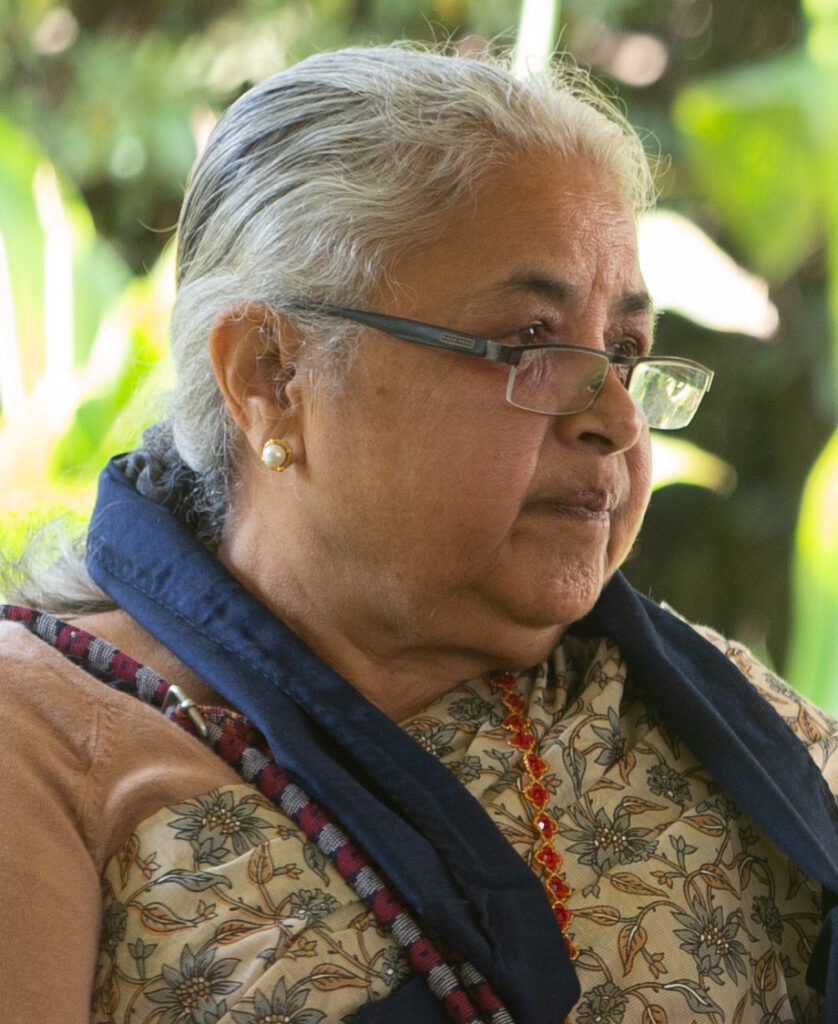Nepal has entered a historic phase with the appointment of Sushila Karki as its interim Prime Minister, the first woman ever to hold the post.
At 73, the former Chief Justice is regarded as a figure of integrity who stood firm against corruption during her judicial career. Her elevation comes amid a wave of public anger and youth-led protests against political misrule, forcing former Prime Minister KP Sharma Oli to step down.

Karki’s interim government will oversee the country for the next six months until fresh parliamentary elections are held. But beyond the domestic significance, her ascent carries regional implications: she is seen as a “friend of India,” a label rooted not only in her personal views but also in her life story.
From Varanasi to Kathmandu: A deep India connect
Born in eastern Nepal in a farming family, Sushila Karki rose through education and determination to make her mark in law and justice. She earned her BA from Mahendra Morang Campus in 1972 before moving to India for higher studies. At Banaras Hindu University (BHU) in Varanasi, she completed her MA in Political Science in 1975, an experience she has often described as formative. Later, she obtained a law degree from Tribhuvan University in Kathmandu.
Her personal journey also intertwines with India in another way. During her BHU years, she met her husband, Durga Prasad Subedi, a political activist who once took part in Nepal’s first aircraft hijacking in 1973 as part of an anti-monarchy struggle. Professors from Varanasi remember Karki as a sharp student sympathetic to democratic movements that often drew inspiration from across the border.
Karki herself has spoken warmly of India, describing her years there as enriching and praising Indian support to Nepal. She has also expressed admiration for Prime Minister Narendra Modi. This personal warmth, coupled with her academic grounding in India, has strengthened her image as a leader who understands and values India’s role in Nepal’s democratic journey.
Implications for India-Nepal relations
Sushila Karki’s rise comes at a critical moment in Nepal’s political transition. As a non-partisan figure chosen through consensus among the President, the military and the protest movements, she enjoys credibility at home. For India, her leadership opens a window of opportunity to reset ties that have at times been strained by border disputes, trade interruptions, and shifting allegiances toward China.
Her reputation for fairness and her India connection suggest she could be a stabilising force, reassuring New Delhi of Kathmandu’s goodwill during the election transition. While her interim tenure limits sweeping reforms, Karki’s leadership style and personal history may create space for a more constructive phase in bilateral relations.
In the months ahead, Nepal’s political road remains uncertain. But with Sushila Karki at the helm, the country not only witnesses a milestone in gender equality but also a chance for renewed friendship with India—one grounded in history, education, and mutual respect.


